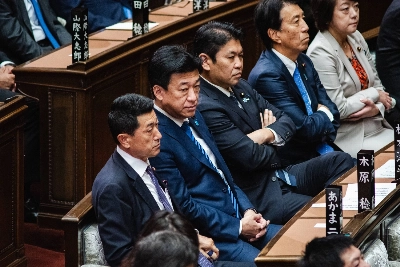Meta
Keizo Nabeshima
May 5, 2003
Apr 21, 2003
Mar 11, 2003
Feb 25, 2003
Feb 12, 2003
Jan 28, 2003
Jan 13, 2003
Dec 30, 2002
Dec 16, 2002
Dec 3, 2002
Nov 4, 2002
Oct 21, 2002
Oct 7, 2002
Sep 25, 2002
Sep 12, 2002















